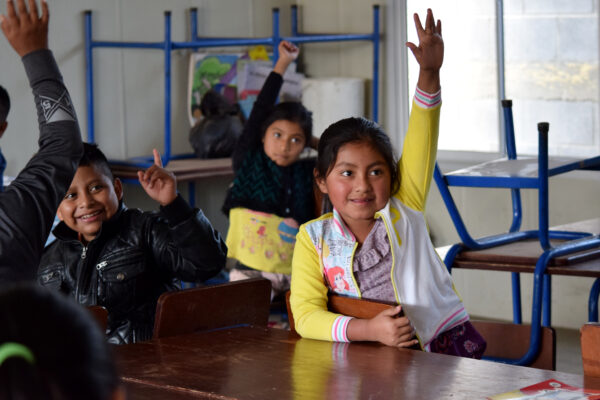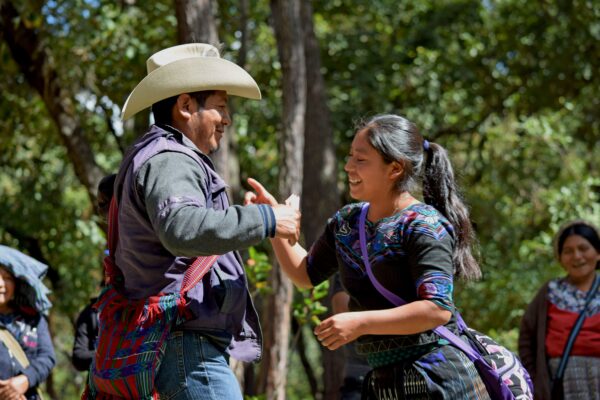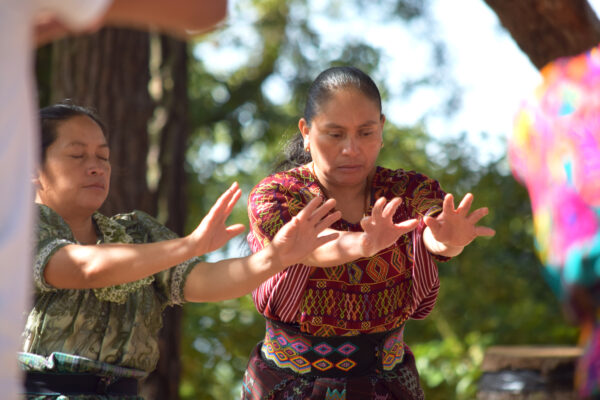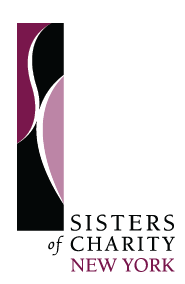
By Luciano Laynez, Executive Director, The Barbara Ford Peacebuilding Center
The Barbara Ford Peacebuilding Center is a non-profit Civil Association, established in the Republic of Guatemala in 2009 with the objective of promoting the integral human development of the most vulnerable people in the Guatemalan Highlands, including children, youth, and adults of all ages.
We exist thanks to the visionary works of Sister Virginia Searing and Sister Mary Meyler (RIP), both Sisters of Charity from New York who dreamed of building a special place that nurtured the numerous needs of our underserved population.
The Department of Quiché is homeland for some of the most vulnerable communities in Guatemala, having been at the heart of the Internal Armed Conflict (1960-1996). It is where an estimated 200,000 people lost their lives, and where fear, violence, social inequities and health inequalities permeated the daily life of the population with great prominence.
Aware of these vulnerabilities, Centro de Paz Bárbara Ford initiated its local call to action, based on the spirit of Saint Elizabeth Setón (founder of the Congregation of the Sisters of Charity), and to this day, El Centro continues to reach-out to attend to the needs of this population.

We provide safe spaces that allow individuals to find their best self, and we provide them with self-development tools to improve their quality of life; including life skills (communication, decision making, goal setting), technical work skills, and comprehensive education related to civic, political and sexual realities, and access to economic and social opportunities.
Through institutional development models created during our 14 years of service, we also work with community leaders to address two main themes: awareness and empowerment. We help increase awareness of community needs, increasing measures to prevent violence and protect reproductive rights of women and young girls, and increasing sexuality education to achieve systemic changes in community development activities.
Every year we implement 10 to 12 projects, thanks to the funding sponsorships of international organizations that seek to assist with our service work in Guatemala, to reduce the inequalities that exist in this country.
While we are extremely grateful for the receipt of financial resources that aid our service work, in reality, relative to the high demand to support the large number of people who require care, these resources are limited. Therefore, we remain committed to ensure we maintain a high degree of accountability for all our program spending.

Additionally, in recent years we have received program research support from Cooper Union engineering students who have imagined conceptual systems to enhance some of our entrepreneurship projects. We look forward to sharing more about this successful collaboration from several participating students in the weeks and months ahead.
You can learn much more about the Congregation’s Guatemala Mission by visiting the SCNY website.

Congratulations to all in the Barbara Ford Peace Center! Thank you for walking with the most vulnerable people in our world!
May each of you be filled with many blessings!
The Barbara Ford Peacebuilding Center IS Laudato Si. It is exactly what Pope Francis calls us to do – love each other and care for our Earth. it is a model which should be spread throughout our world. Elizabeth Ann Seton must be very pleased to see this ministry working so well to help those who are poor. Having visited there in 2015 and zooming with staff such as Luciano, Marta, Eva and Flor and getting to know Helen and Jose Miguel lets me know our faith and my hopes are very much alive in Guatemala. Thank you to all!